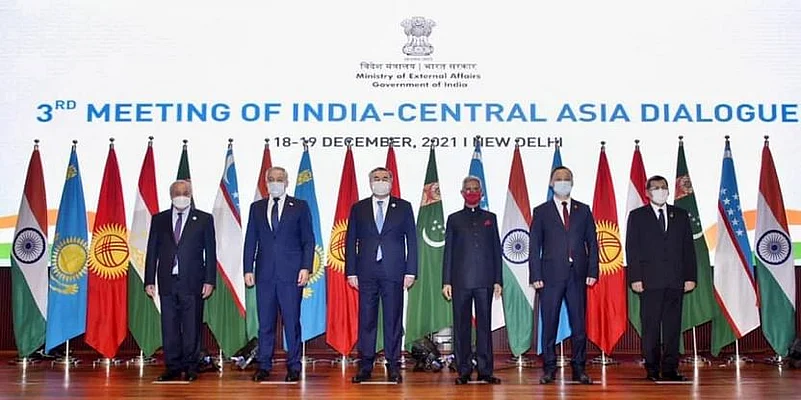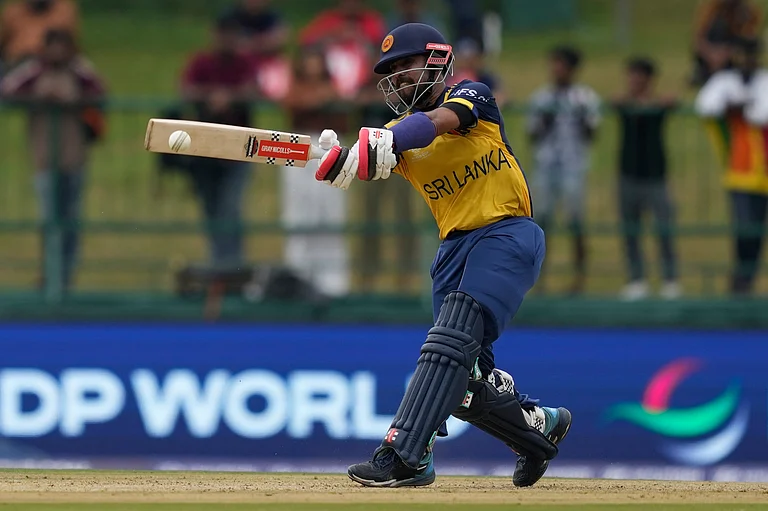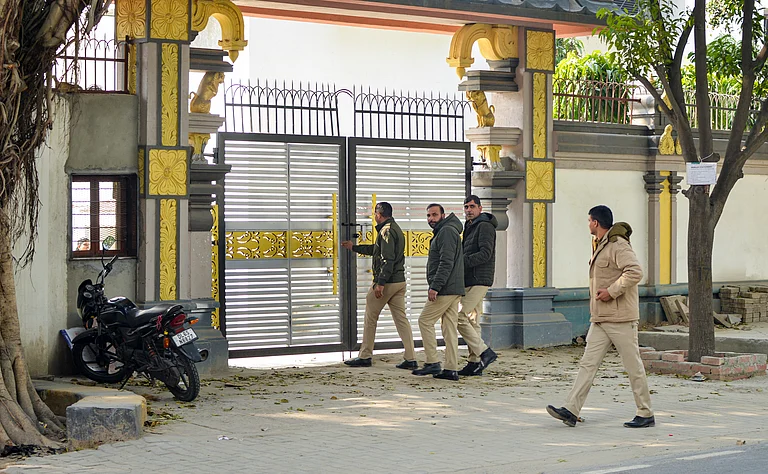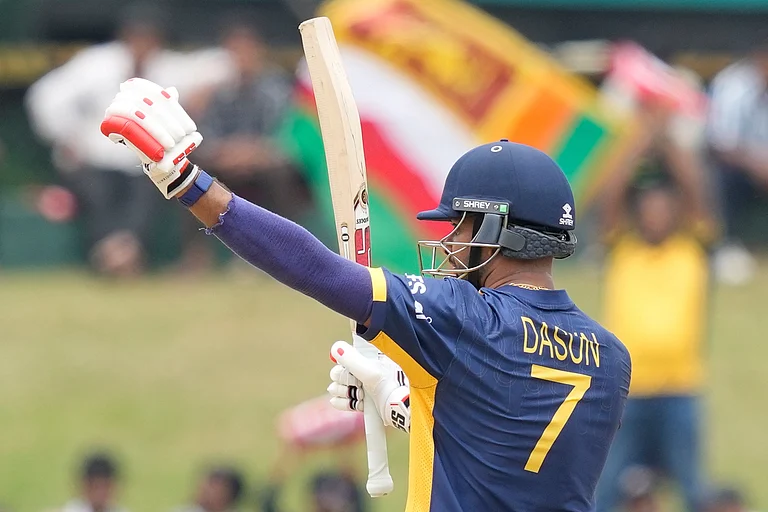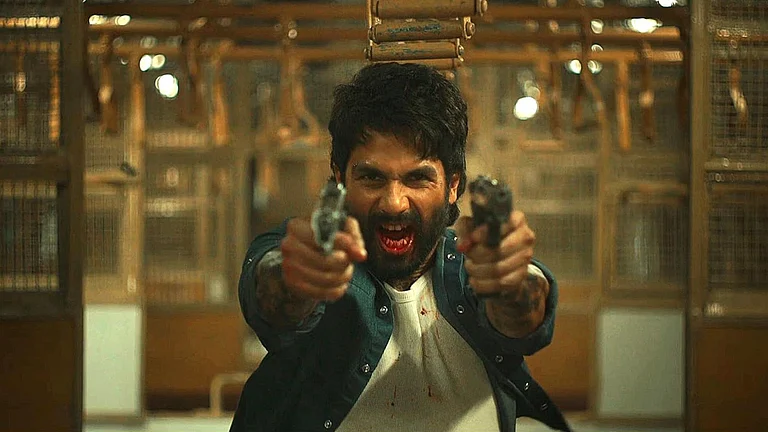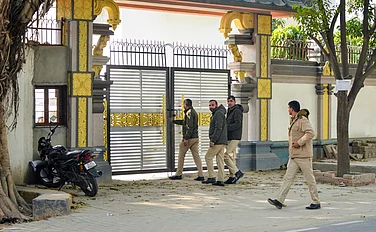The third round of India-Central Asia Dialogue hosted by foreign minister Subramanyam Jaishankar, kicked off this week-end (18-20) in Delhi. The foreign minister of Tajikistan had arrived earlier for a bilateral meeting with Jaishankar.
In the last few months India has stepped up its engagement with the region. Central Asian countries are assuming major significance since the Taliban takeover of Afghanistan as the mineral rich region is becoming the centre of a new great power rivalry. Russian is an important player, the Chinese are firmly entrenched with their Road and Belt Initiative, the US now out of Afghanistan is also jostling for space. Pakistan is active here, while India regards the five central Asian nations as its extended neighbourhood and is now hoping extend its influence in the region.
Foreign ministers of Kazakhstan, the Kyrgyz Republic, Tajikistan, Turkmenistan and Uzbekistan will discuss the regions relation with India, as well as the regional and international issues.
Afghanistan of course will take centre-stage in the conversation of the foreign ministers, as concern about ISIS, Al Qaeda and other terror groups taking root there and spreading extremist ideology and terrorism is a major issue for the region. But the conversation will not be just about Afghanistan as New Delhi is going all out to woo Central Asian rulers.
The 29-point joint statement released at the end of Sunday’s dialogue mentioned Afghanistan as well as ways to increase trade, tourism and economic co-operation.
India has offered to increase the slots for Central Asia in its Indian Technical and Economic Cooperation Programme (ITEC), which has been New Delhi’s hugely successful outreach to developing nations. This is program is decades old and one its most popular, as it helps to train man power. Jaishankar promised customised training programmes for professionals.
Afghanistan naturally figured prominently in the conversation. The joint statement said: ``The sides discussed the current situation in Afghanistan and its impact on the region. The Ministers reiterated strong support for a peaceful, secure and stable Afghanistan while emphasizing the respect for sovereignty, unity and territorial integrity and non-interference in its internal affairs. They also discussed the current humanitarian situation and decided to continue to provide immediate humanitarian assistance to the Afghan people.’’
It went on to add "The Ministers reaffirmed the importance of UNSC Resolution 2593 (2021) which unequivocally demands that Afghan territory not be used for sheltering, training, planning or financing terrorist acts and called for concerted action against all terrorist groups. The Ministers also agreed to continue close consultations on the situation in Afghanistan.’’
The document noted that there is a broad ‘regional consensuses on the formation of a truly representative and inclusive government, combating terrorism and drug trafficking, central role of the UN, providing immediate humanitarian assistance for the Afghan people and preserving the rights of women, children and other national ethnic groups.
In his opening remarks Jaishankar said: "Despite the impact of the pandemic, our countries have sustained the momentum of our relations. We are very pleased at the state of our bilateral relations. But we know that the potential is very much more. Each one of us today faces the test of rebuilding our economy.’’ He went on to add that all nations were facing an uphill task, "But together we can do this better and India, I assure you, will be your steadfast partner. We already have a good history of cooperation. But my message to you today is a readiness to take it to the next level. Our ties must now focus around 4 Cs: Commerce, Capacity enhancement, Connectivity and Contacts.’’
Ever since the break-up of the Soviet Union in 1991, there were attempts to engage with the newly formed Central Asian Republics. India tried hard to reach out to the former Soviet Republics but connectivity was and remains a major issue. Afghanistan was grappling with a civil war and Pakistan did not welcome India using its territory for trade with Central Asia. Thanks to connectivity issues the Central Asian countries slipped from India’s radar as engagement with Afghanistan became much more important. But India had been buying uranium for his nuclear power plants from Kazakhstan. Turkmenistan’s foreign minister pushed for the Turkmenistan, Afghanistan, Pakistan and India (TAPI) gas pipeline, which has long been discussed. Chances of that coming through appears dim.
Prime Minister Narendra Modi kept up the effort and visited all five central Asian countries in July 2015. This was followed in January of 2019 by the first India-Central Asia dialogue in Samarkand in Uzbekistan. Sushma Swaraj was than the foreign minister and co-chaired the meeting with her Uzbek counterpart. Afghanistan’s foreign minister also attended and a call for a negotiated Afghan-led peace process was made by the group. The aim of the dialogue was to strengthen political, economic and cultural ties with the region. After India’s success in winning hearts and minds through its development projects in Afghanistan, New Delhi wanted to extend the experience to neighbouring Central Asian states. With this in mind India announced a one-billion-dollar line of credit for priority development projects in energy, IT, education, healthcare and agriculture. These development projects are termed as high impact development projects which are easily implemented and does not take too much time.
The second India-Central Asia Dialogue was held virtually on 28 October 2020, thanks to the pandemic. The effort again was to promote business, more so to get the private sectors to get into action. Ahead of the dialogue the India=Central Asia Business Council was launched on 6 of February 2020. The second edition of the dialogue also had the Afghan foreign minister attend. All participants called for an inclusive political set-up in Kabul for lasting peace in the region. This time Afghanistan has not been invited as India like the rest of the world has not yet recognised the Taliban government.
India is pushing for the Central Asian countries to make use of the Chabahar port in Iran, with its connecting network to Afghanistan for trade with Central Asia. However, with the Taliban now in Kabul that route is also closed for the time being. The foreign ministers will also call on Prime Minister Narendra Modi before they leave India.






